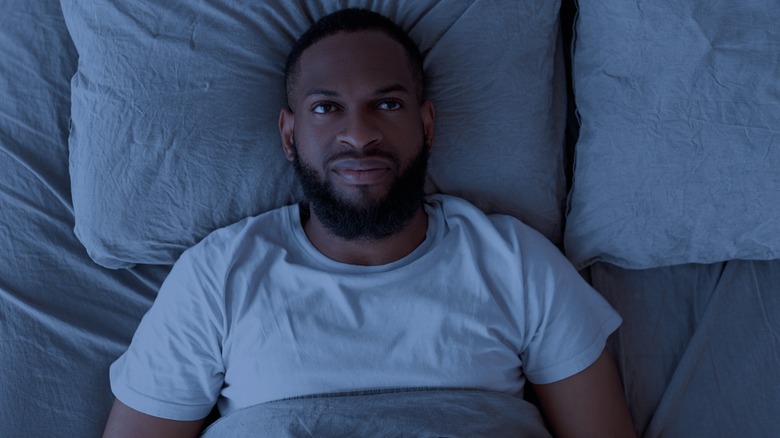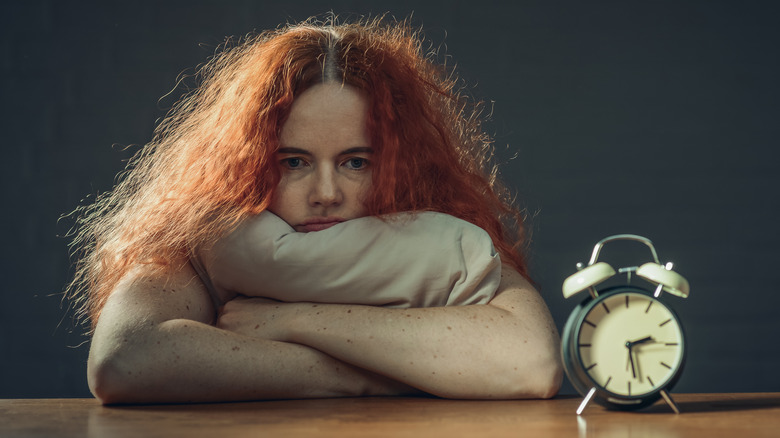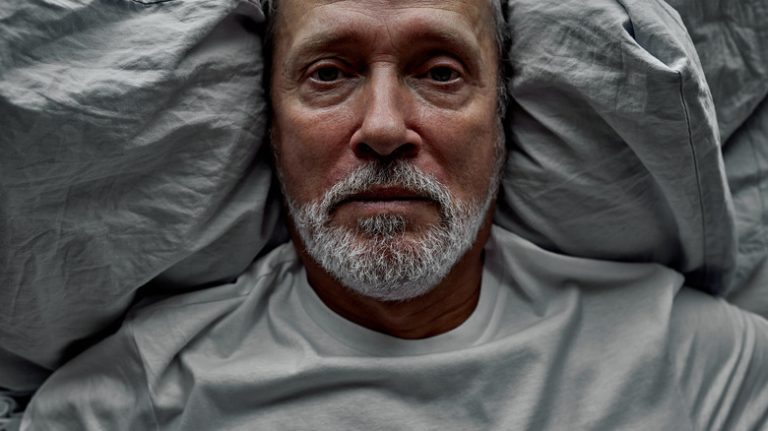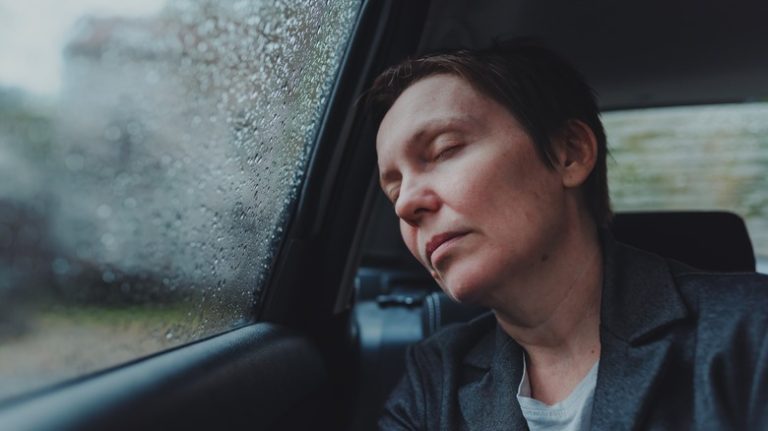Our mood can be greatly affected by a number of factors from one day to the next. A heartfelt hug might leave us feeling all warm and fuzzy inside, but stubbing your toe while rolling out of bed first thing in the morning can do quite the opposite. Whether physiological or circumstantial, out of all the different factors that can influence our mood, did you know that sleep is one of them?
A 2024 study conducted by researchers at the University of Bern found evidence that reinforces just how critical sleep is to our mental health. The research showed that while sleeping, the brain uses this time to process and store positive emotions while limiting the storage of negative emotions. Without adequate sleep, however, we’re not giving our brain the time it needs to perform this important function. In fact, the U.S. Centers for Disease Control and Prevention (CDC) reports that 1 in 3 adults ages 18 through 60 are not regularly getting the recommended seven hours of sleep per night, which can increase one’s risk for recurrent mental distress.
While it’s easy to think there’s no harm in a lost night of sleep here or there, a 2024 study published in npj Digital Medicine found that an irregular sleep schedule can affect our mood in the short-term as well as in the long run.
Sleep and mental health

Researchers examined the sleep patterns of over 2,100 medical professionals in their first year of residency (via ScienceDaily). Data revealed that participants with inconsistent sleep schedules, as well as those who stayed up late or slept the least during the night, all ranked their mood as lower and scored higher on depressive symptoms.
Insufficient amounts of sleep may have a particularly strong effect on the moods of adolescents. Researchers from a 2024 study recruited more than 30 participants between the ages of 11 and 15 (via ScienceDaily). Participants underwent two different sleep schedules. In one group, participants slept for a period of 10 hours each night for two days, while the other group only received four hours of sleep per night. A week later, each group received the opposite sleep schedule.
Mood changes in the sleep-deprived group were observed using self-reported data and brain imaging technology. A lack of sleep was found to reduce activity in the brain region responsible for motivation to complete reward-based tasks. Participants with lower activity in this brain region were also more likely to report symptoms of depression. Researchers concluded that inadequate sleep may make teens more susceptible to mood disorders, addiction, and risk-taking behaviors.
If you or someone you know is struggling with mental health, please contact the Crisis Text Line by texting HOME to 741741, call the National Alliance on Mental Illness helpline at 1-800-950-NAMI (6264), or visit the National Institute of Mental Health website.




